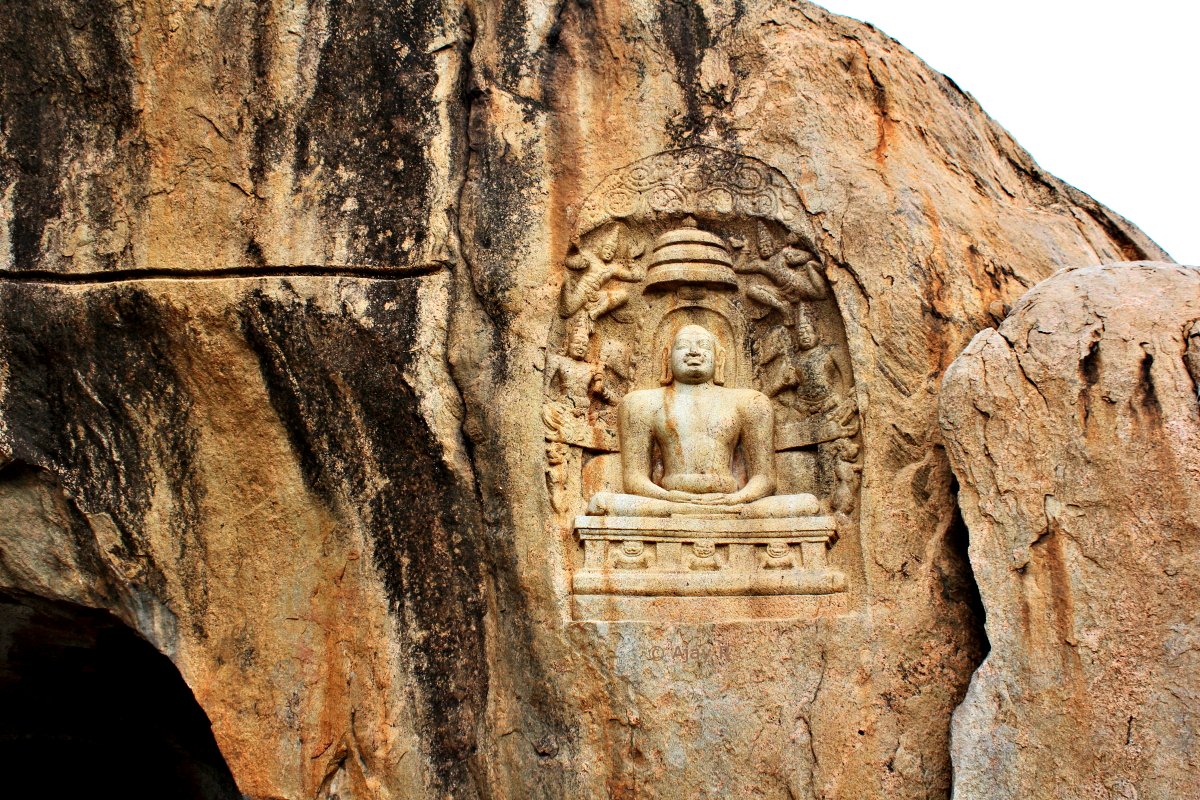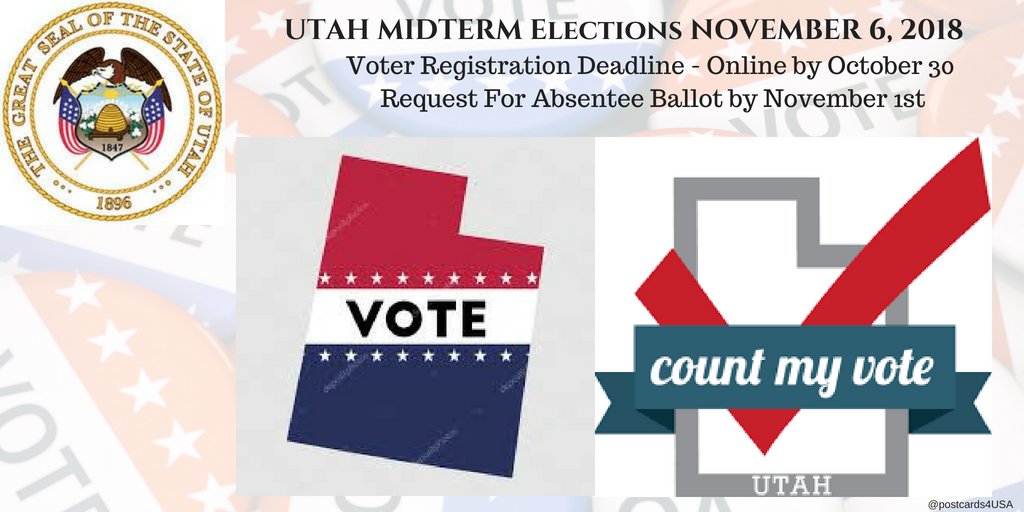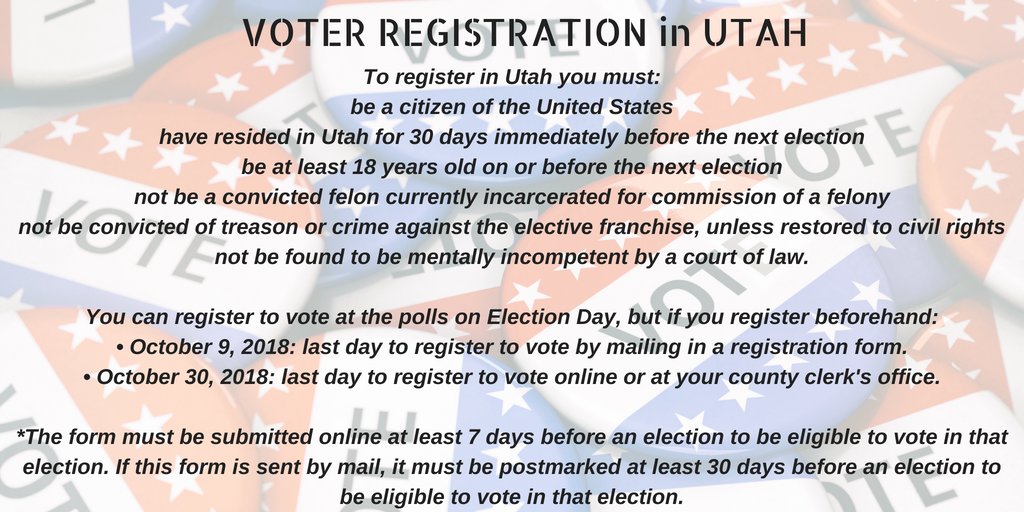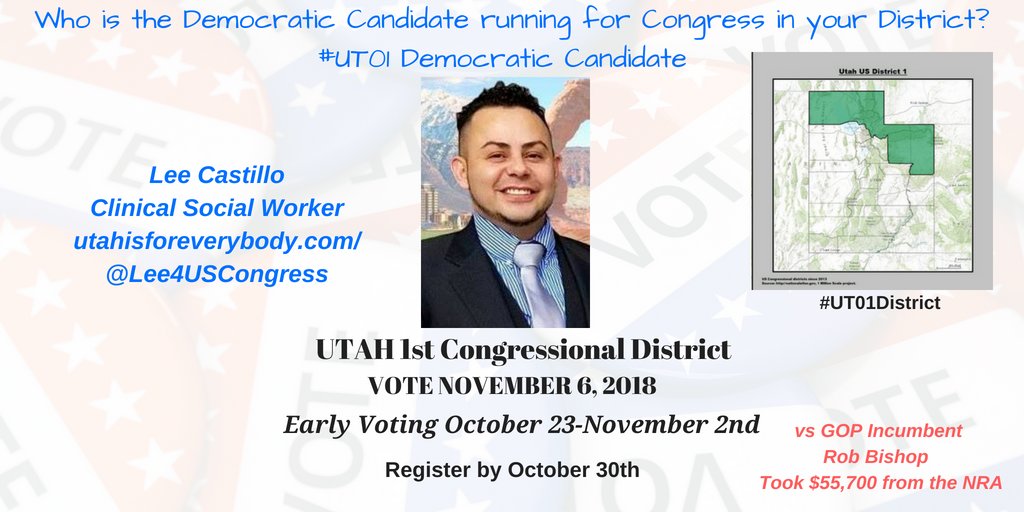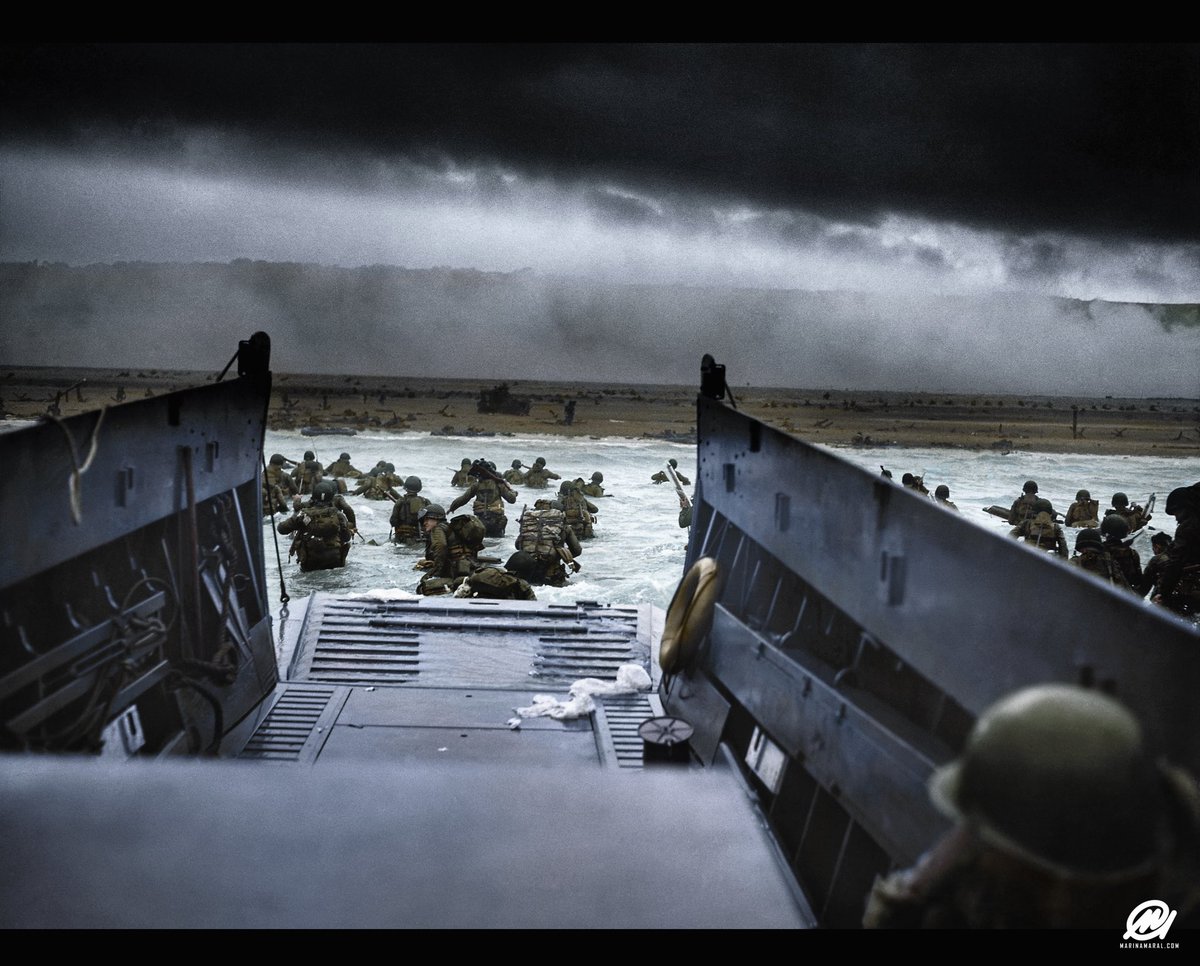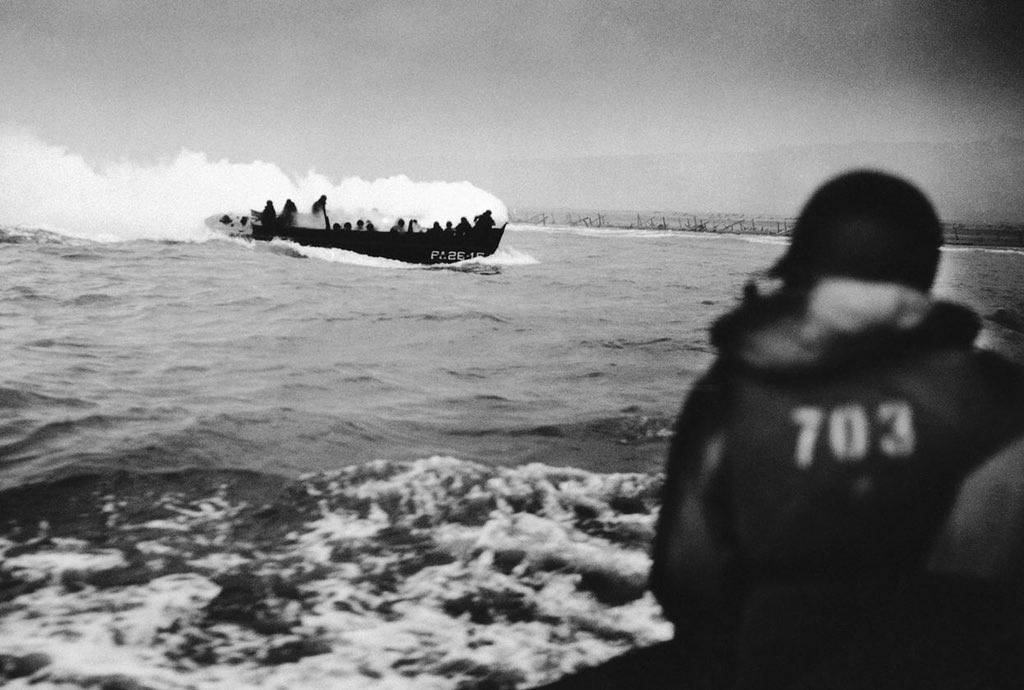"My will is easy to decide,
For there is nothing to divide.
My kin don’t need to fuss and moan,
“Moss does not cling to a rolling stone.”
....
I would to ashes it reduce,
And let the merry breezes blow,
My dust to where some flowers grow.
Perhaps some fading flower then
Would come to life and bloom again.
This is my Last and final Will.
Good Luck to All of you,
Joe Hill"








